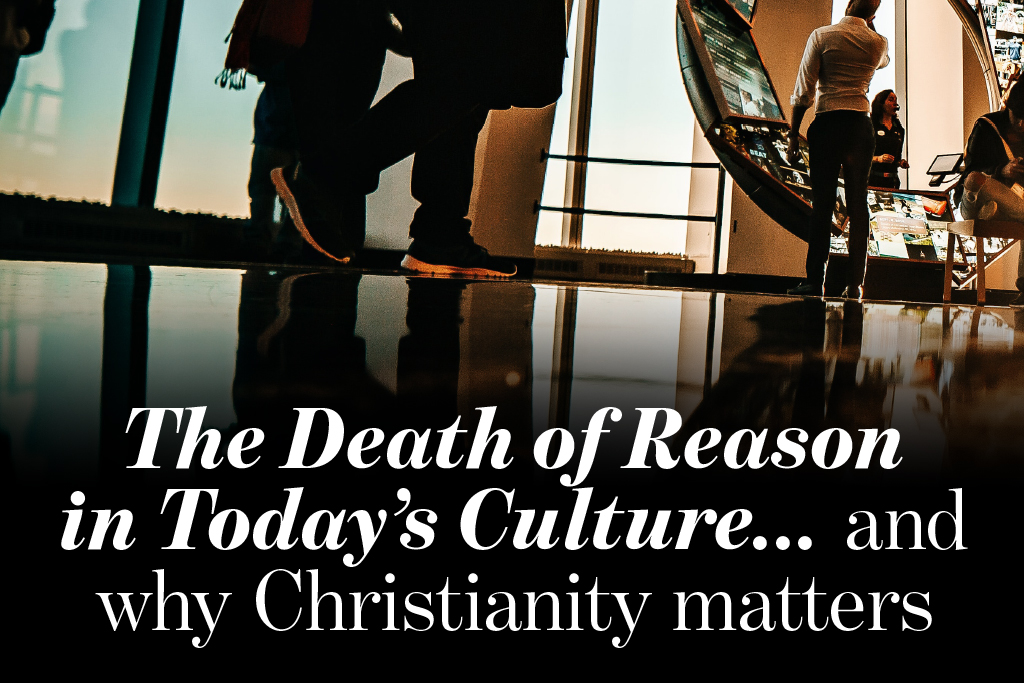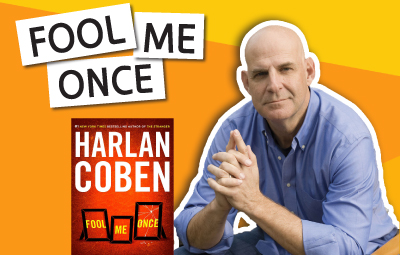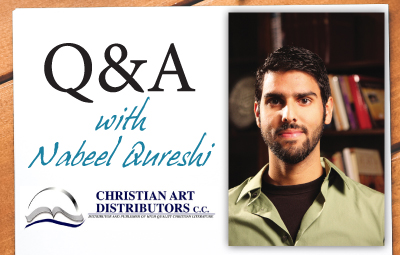
Not long ago, I listened to a radio interview with a self-described "feminist" being interviewed about her recent experience giving birth. The host actually asked her why she "chose" to have a vaginal delivery. She replied that she had really been thinking about it a long time and sort of came to the thinking that a vaginal delivery might be the best way to deliver. Think about that for a second. She "sort of" decided on it as if a vaginal delivery was just one of many equal choices for healthy women delivering babies. She had no confidence at all that it might be the natural way women were designed to deliver babies.
Shortly thereafter I met a very progressive couple who excitedly told me that they aren't putting any pressure at all on their toddler, until "it" decided what gender "it" wants to be. In fact, after that I saw a Tweet from someone who advocated not naming a new-born. Instead, she thought parents should give it a number until the child decides what gender to choose. (Then I wondered what would happen if the new-born was given an odd number, but later self-identified as even.)
Sigh.
Then I read a press statement from a CEO, apologizing for his company's employment applications, because "male" and "female" are just one of many possible gender descriptions.
I know this is nothing new, but it seems that the more secularized the culture becomes, the further and further we drift from reason. Biology has lost all authority and science means less and less to a culture that prefers feelings over truth.
For so many years, Christianity has been accused of being "anti-science." But what's being revealed now is that Christians may be the last group holding on to reason. The old criticism of Christians believing in fantasy is finally giving way to the reality that Christianity is built on reason.
After all, faith isn't believing in fantasy, it's having the confidence to step out based on what you know. As Ralph Waldo Emerson said, "All I have seen teaches me to trust the Creator for all I have not seen."
Christianity is based on reason. In fact, the book of Acts describes the Apostle Paul this way: "So he reasoned in the synagogue with the Jews and the devout person, and in the marketplace every day with those who happened to be there."
Paul was out there engaging the culture every day, and he based his arguments on reason, not fantasy.
Which is more than I can say for today's secular culture.










































































